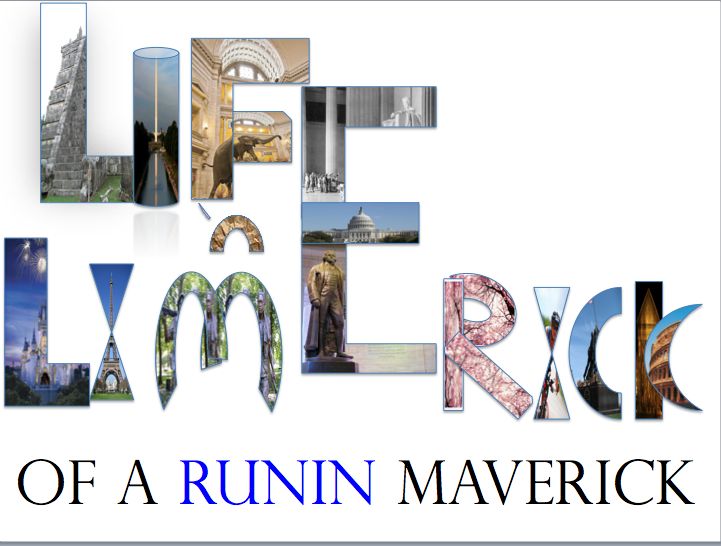"People come and go. Some Cultures even go through change. But language must never be lost, or else we'll lose our identity and our will to live."
Life can be exciting at times, especially when you're open to explore it. I was literally just in the area meeting with the inspector for 2356 Green Street, SE, a house with a splendid, panoramic view of the Capitol, USS Barry and the expanding development across the Federal gateway.
The inspection went fine, so I decided to kill some time in the local area -- it had been a long while since I visited the Anacostia Museum -- had no idea, what was on display...why not? Sometimes surprise can be exciting.
As soon as I walked in, the museum staff informed me of a program that was just starting called "The Roots of Gullah". Attending high school in coastal Georgia and being stationed aboard USS O'Bannon (DD-987) in Charleston, South Carolina, I had definitely heard of the Gullah people before. The problem was, the topic never really interested me much -- it was something I overlooked or just took for granted.
So, why did I attend -- well, in the past, I would have normally turned a deaf ear. Now in many ways, I have turned over a new leaf. After attending numerous Folklife Festivals in DC, and especially after my dual-European trips this summer. I have somewhat morphed into a pseudo folklorist.
At first, I thought, I would just hear a bit of it and make an early exit. But for some reason, the program really grabbed me. I was horrified by the way the slaves were treated and brought to the US. I was amazed how these African Americans in the Low Country (South Carolina and Georgia) could keep the Gullah culture and language alive after so many years. And I was fascinated by the linguistics of Gullah and Creole, as well as how some Gullahs escaped slavery, taming the Florida wilderness to become Black Seminoles.
It was great that the Low Country was ideal land to harvest rice, just as the Africans did in Sierra Leone, but the colonists fell sick to malaria and yellow fever which spread quickly in the rice fields, while the Gullahs were more immuned.
What was also neat was the folklore tales that were derived from the rich immigrant cultures of the Gullahs. And as new generations of slaves were born in the plantations, their children grew up speaking Gullah as their native language. Gullah became a Creole language which is one that combines words and grammar from a combination of different languages. (When I was in Haiti in March, I was taught some Creole words so that I could get around). Meanwhile the planters learned Gullah so that they could communicate with their workers. Both farmers and planters often learned Gullah as children from their household servants. These servants also told them Gullah folktales which also exist today.
For a long time, in the early 20th century, many people dismissed the Gullah language as simply "bad English." It wasn't until 1930, when Lorenzo Dow Turner, an English professor turned linguist, realized that the Gullah language derived from 32 different African languages.
Dr Turner's work was amazing, and it was simply amazing that it took linguists that long to figure out the connection.
People come and go. Some Cultures even go through change. But language must never be lost, or else we'll lose our identity and our will to live.
Today, the Gullahs still form a strong, cohesive community in the Low Country. We hope this continues and both the language and culture is retained throughout future generations. There is more to learn, more to feature, and more to uphold.
Today, there is an enduring kinship between the Gullah people and the people of Sierra Leone. I thank them both for their contributions, hardship and commitment to maintaining their cultures through the years.




No comments:
Post a Comment